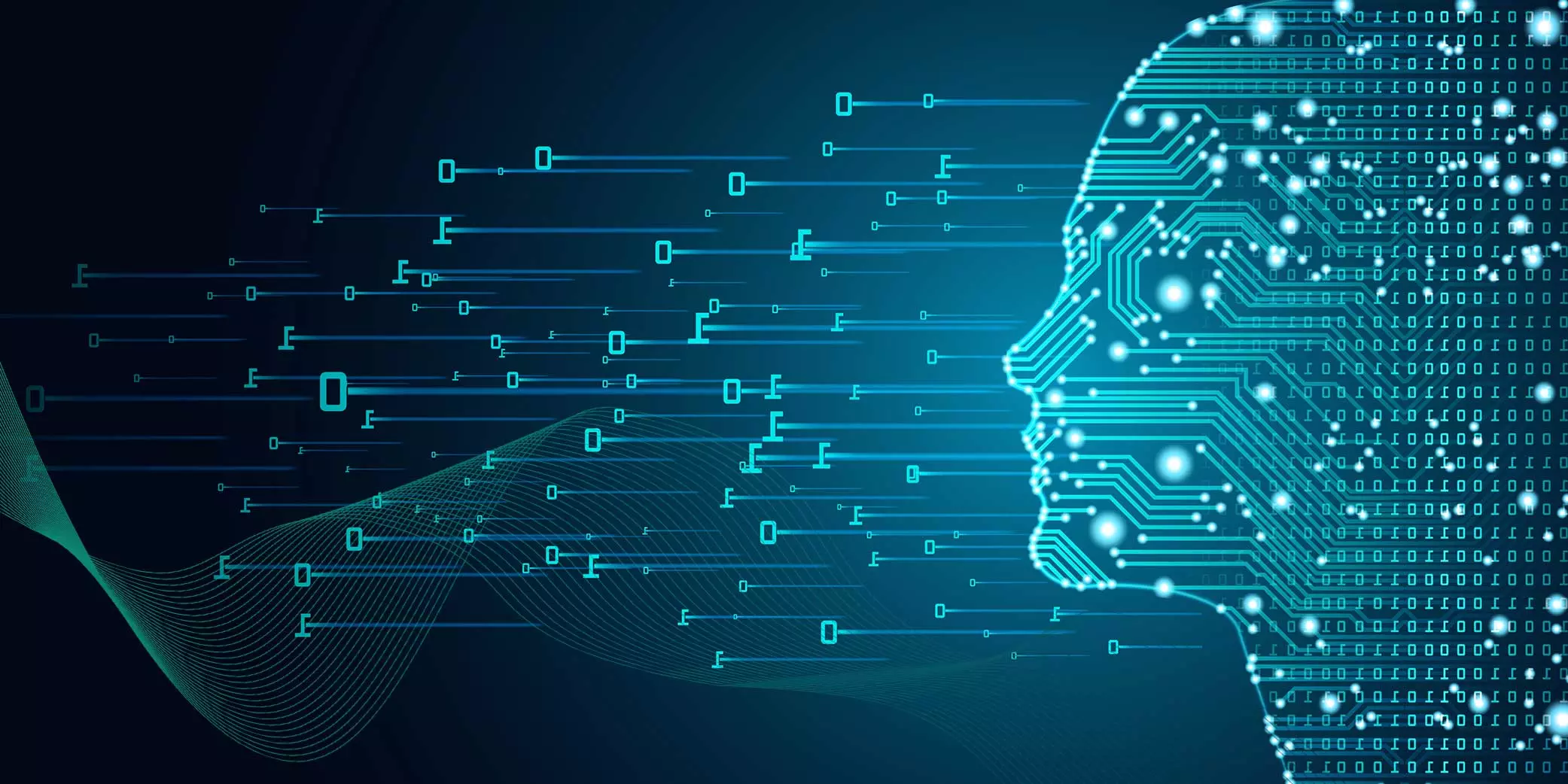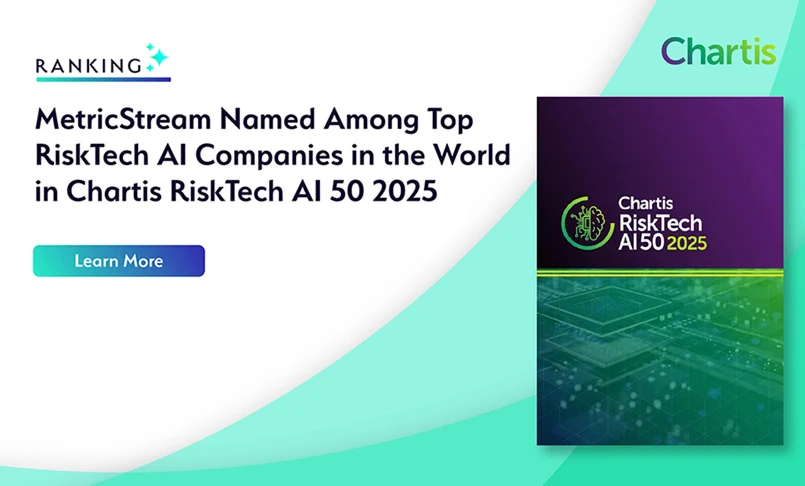Unpacking the Promise of AI in GRC – Here’s what’s real and what isn’t
- GRC
- 07 April 21

Introduction
For years, the promise of artificial intelligence has been on the horizon, exciting business leaders across industries. From speculations that it would change the way we do business to the question of how AI would impact our lives at home, there’s no shortage of hype around the burgeoning technology.
While still in what will likely later be regarded as its infancy, AI has arrived and is already having an impact across a range of operations, including governance, risk management and compliance programs. There’s no doubt AI holds an enormous amount of potential, but as it rolls out, it’s important to spot the difference between what’s hype and what’s real, and in this industry, there’s no shortage of hype.
The hype—far from perfect
If you’ve spent years thinking AI was the magic bullet for compliance, legal and security issues, you’re not alone, but unfortunately, the age of unbreachable protections and perfect GRC has not yet arrived.
For now, organizations still struggle with these risks. A joint study by Deloitte & Touche and Compliance Week found that, even in an increasingly complex landscape, 40 percent of companies do not complete a yearly compliance risk assessment at all. This leaves companies vulnerable to not just compliance risks, but also opens the door to legal, audit, financial and operational risks, as well.
AI is impressive in its own right, but as the last year has shown us, there’s no way to precisely predict challenges that come our way. As the coronavirus pandemic sent workforces home, companies found themselves facing vulnerabilities they hadn’t before—employees were working unsecured networks, communications were disrupted, IT staff suddenly became overwhelmed, and companies faced an increase in GRC risks.
The pandemic created an environment of uncertainty, posing operational and ethical dilemmas that companies had to quickly address. Overnight, organizations had to learn to navigate new sets of privacy laws and regulations, educating employees on how best to communicate to keep data safe and develop plans to work remotely with little notice.
Most companies were caught off guard, and many stumbled, even as AI has taken on a more prominent role in the past years.
The reality—making strides
AI is far from perfect, but it would be a disservice to the technology to say it hasn’t had an impact on GRC. AI is already proving to be a problem solver in GRC, finding new solutions to common pain points.
Many companies still have structured and unstructured data stuck in siloed operations. In the past, this was troublesome enough, but as the world becomes more interconnected each day, a siloed approach to GRC is proving increasingly inadequate.
Artificial intelligence helps companies escape these structures, acting as a catalyst to force integration between silos. AI provides a comprehensive view across departments, increasing collaborative thinking and bringing attention to fact-based decision making by breaking through these barriers.
Further, AI and machine-learning based GRC programs offer cognitive search functions, significantly increasing the speed at which companies can locate data and other relevant information.
In a world where GRC risks increase by the day, cutting down on time wasted is essential—AI provides a faster way to locate, sort and analyze risk as it develops. This speed gives companies more freedom, streamlining operations among employees. When searches are faster, front-line and second-line users can reduce redundancy and prioritize what needs to get done as they work through large data sets.
An integrated approach to GRC is the key, bringing everything together. When powered by AI, GRC software provides an overarching framework for companies to work within—from compliance to IT security, legal functions, insights and audits, AI creates a powerful mechanism for companies to best protect themselves.
These integrated programs foster collaboration, sharp insights and intelligence gained both from machine learning and human observations. When utilizing AI correctly, employees are able to see the bigger picture, connecting the dots through large data sets that were previously overwhelming to manage.
Rather than looking at AI as a revolutionary piece of technology that will transform business overnight, it’s best to take a moderate approach. Despite the hype out there about Big AI, it’s important to note that there are smaller, but very real, ways that Little AI can provide ongoing improvements in GRC. In fact, it’s already making a significant impact.
The adoption of AI is a meaningful one, giving organizations the power to map and track data. These systems don’t just offer data sorting—they provide the resources to gain contextual, important intelligence to drive companies forward toward tighter security, smoother compliance, and a future with increased growth and success.
Learn about how the new MetricStream Platform leverages AI to power enterprise issue management from cyber, risk, compliance, audit and third-party programs.







